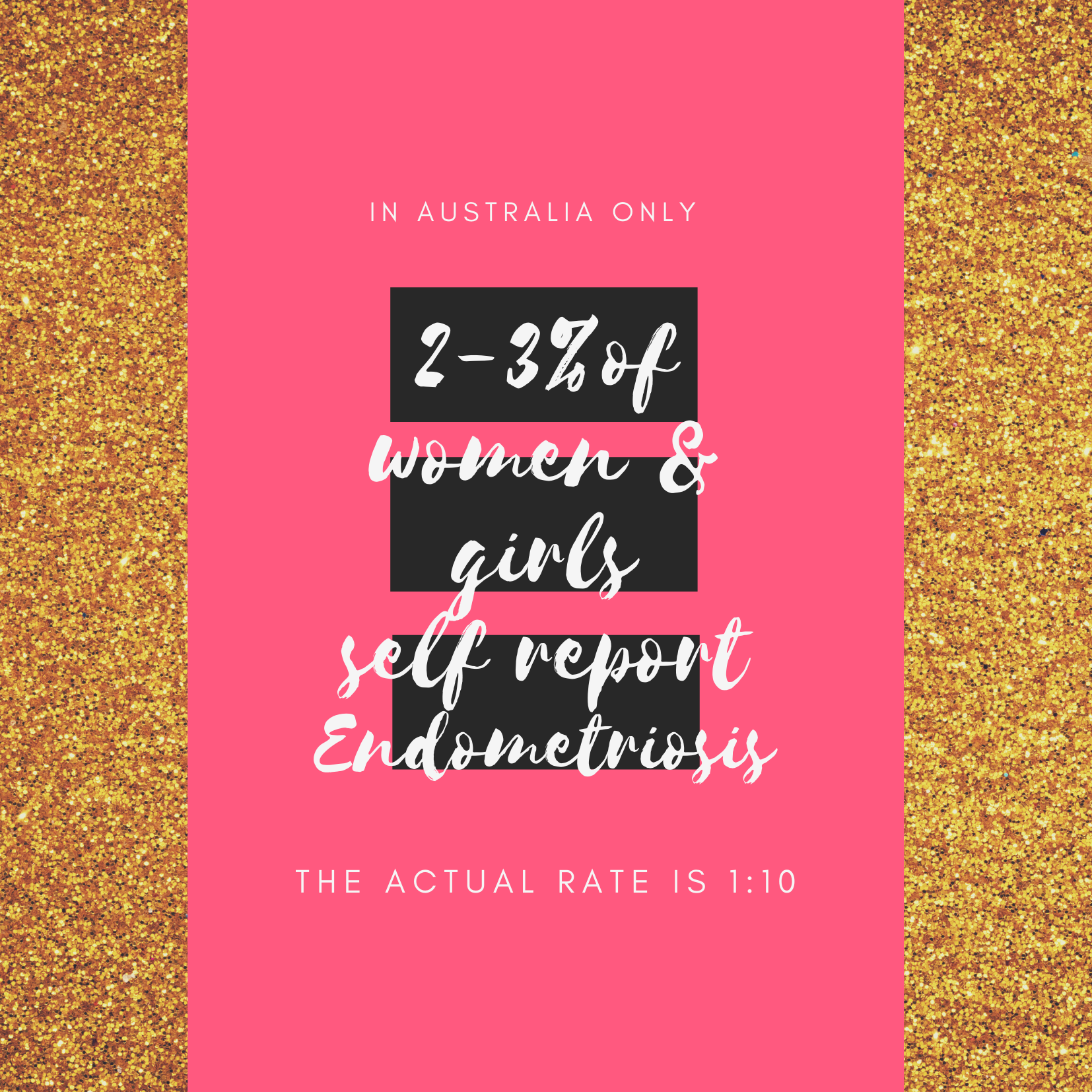Diagnosing Endometriosis
This disease is one of the reasons I began studying natural medicine in the first place. It is not uncommon for practitioners to become the practitioner they themselves needed in the early stage of disease recovery. At the time of receiving my endometriosis diagnosis, I recall feeling underwhelmed with the number of years it took to obtain a diagnosis. I had been experiencing gut, emotional and hormonal symptoms for more than ten years before I ‘accidentally’ fixed some of my period problems with the help of my naturopath and gynaecologist. I say accidentally because I had ventured into a health kick program which only aggravated the condition, all the while having no idea. I only became aware that there was a problem when I had a 7cm ovarian cyst burst at 2am, jolting me awake. As a worried looking taxi driver drove me to the hospital, I kept thinking I had appendicitis because of the extreme pain and lack of forewarning.
The delay in identifying the issue was due, in part, to an acceptance of sub-optimal health as “normal” and something to “grin and bear”. Also, my own particular “problem period” symptoms had been present and consistent for so long that I thought myself lucky in comparison to other women. I had seen other women experiencing debilitating agony which left them bed-bound for days at a time, nauseated and unable to work or study. I counted myself lucky that I could “push through” the pain and take a “soldier-on” attitude. It was almost a badge of honour to know that I was tough enough to handle it. Nothing was more confronting or aggravating to me than to speak with other women who had positive menstrual experiences.
My current experience by contrast, is very different. I relax, have few cramps, a maximum of 5 days from start to finish and it doesn’t interfere with everyday life. Now that I have experienced pain-free periods, I now recognise just how sub-optimal my hormonal, gastrointestinal, psychological and metabolic health truly was. However, the first step was knowing there was a problem and receiving a diagnosis.
A recent study revealed that only 2-3% of Australian women self-report endometriosis. However, an accurate figure of how many women are impacted by the disease is difficult to come by. The gold standard method of diagnosis, a laparoscopy of the pelvis, is typically quite invasive and sometimes costly. If women are unaware of the prevalence of endometriosis and accept symptoms as “normal,” the true rate of the disease may be difficult to accurately gauge. Of course, my perspective is skewed because a lot of my clients complain of symptoms which are classically associated with endometriosis, so if someone were to ask me, the rate would be more than the 1 in 10 Australian women who are reportedly affected.
The difficulty in identifying how women are impacted may be due to many things. When we consider there is a tendency to avoid talking about periods, pain and what is considered a "normal", “functional”, or "healthy" period, it begins to get murky. I regularly facilitate coming-of-age care packages for teens and young women to prepare them for what life can be like given a healthy, fully-functional menstrual cycle. The reason why? Because a functional period is an accurate barometer for what is happening elsewhere in the body. Think about it, if your body is overwhelmed with other demands, is it going to prioritise the added biological burden of conceiving a child? Once we have already manifested a disease like endometriosis, it can be a key indicator of imbalances elsewhere in the body. Current evidence suggests that it takes, on average, between 7 and 10 years to receive a diagnosis and can represent a significant economic and personal burden.
If you would like to find out about how natural medicine may assist with restoring vitality, book in your free 15 minute discovery call by following this link.
The information provided on the Nurture Point Pty Ltd blog and greater website is for educational and information purposes. The information provided within the blogs, or anywhere else on this site is not, nor is it intended to be, a substitute for professional advice or care. Please seek the advice of a qualified health care professional in the event something you have read here raises questions or concerns regarding your health. We offer personalised Naturopathic consultations as an online service. We offer nutrition care, herbal medicine and lifestyle advice. If you wish, feel free to book in a time here.



